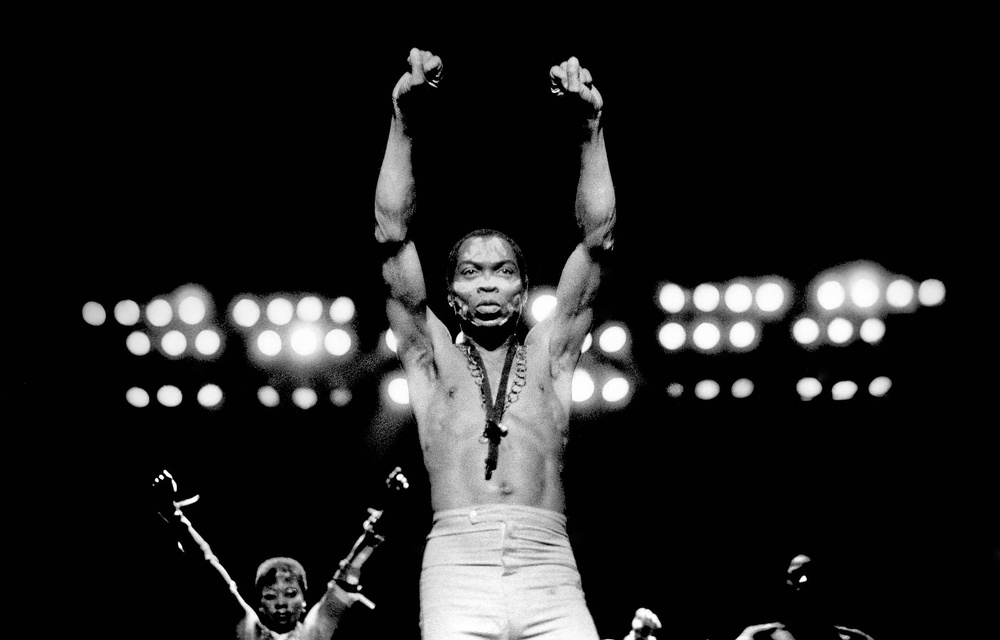Family tree: We need to shift the emphasis away from material gifts to shared activities such as putting up festive decorations, the writer says.
In many African families, Christmas is more than just a holiday, it is a time of reunion, celebration and reflection.
The season holds a special place in many hearts, marked by traditions that have been passed down through generations. The rhythm of life slows down, offering families a chance to connect, share stories and create new memories.
At a full Festival Mall in Kempton Park, Thandi Mbatha, a mother of three, is doing the final Christmas shopping for her little children.
“I have worked hard all year, lay-buying clothes for my babies, so they can look good throughout the festive season. I am now going to pay the last instalments and add a few more items,” she says.
“We will be going home to KwaZulu-Natal for the festive season for them to meet my family for the first time. They have never been because I could not afford to take a taxi home with them.
“I now have a better job and this will probably be the best Christmas I have ever had in years.”
For many African families, Christmas is synonymous with homecoming. After months spent in cities chasing dreams and opportunities, many return to the warmth of their rural homes.
The joy of seeing loved ones again — parents, siblings, childhood friends — is a gift that no material possession can replace.
New clothes symbolise the season’s spirit of renewal. For children, nothing compares with the excitement of donning freshly bought outfits, often kept carefully hidden by parents until Christmas morning.
These garments carry more than style; they represent hope and gratitude, a way to mark the culmination of the year’s efforts.
Equally significant are the meals that are prepared only once a year. Dishes like roasts, mogodu, pap and braai, or sweet treats like ginger beer and koeksisters, transform ordinary dining tables into feasts.
For a brief time, families forget the struggles of the year, united in laughter and the comforting aroma of home-cooked food.
But Christmas is not joyous for everyone. For some, it is a sombre reminder of the year’s unfulfilled aspirations.
Many leave their homes for the city, hoping to secure a better future. Yet, the harsh realities of urban life — low-paying jobs, high cost of living, and unforeseen challenges — mean there is little to show for a year of toil.
For Ntuthuko Kumalo* who lives in Madelakufa in Tembisa, Christmas is a painful reminder of what is lacking.
“I have been spending Christmas in my shack for over 10 years. I can’t go back home. I have nothing to give my siblings or my children.
“I will just hustle some money, buy a few bottles of beer, hustle a meal and go to sleep — as I have been for many years,” he says.
Returning home empty-handed is daunting. The cultural expectation to bring gifts or financial support for the family weighs heavily on those who feel they have fallen short.
In some cases, this burden fosters a deep sense of shame and embarrassment, leading people to stay in the city during the festive season.
This decision is not made lightly. It often means spending Christmas in isolation, far from family and removed from the warmth and traditions that make the season special.
The silence of a city emptied by holiday travel can amplify loneliness, leaving many to grapple with feelings of failure.
Christmas in Africa is thus a season of dualities. For some, it is a time to celebrate the fruits of their labour. For others, it is a reminder of the challenges they face. Yet, even in the hardest of circumstances, the season holds opportunities for introspection and renewal.
Communities play a vital role in bridging this gap. Churches, for instance, often extend the spirit of giving to those who cannot afford traditional celebrations.
Soup kitchens, donation drives and communal gatherings ensure that no one is entirely left out.
These initiatives highlight the power of collective care, reminding us that the essence of Christmas lies, not in material gifts, but in the spirit of sharing and compassion.
As urban migration continues to shape the dynamics of African families, perhaps it is time to rethink how we celebrate Christmas.
Can we create traditions that embrace simplicity, reducing the pressure to present outward symbols of success?
What if the focus shifted from what we bring home to how we connect with those we love?
Some families are already making this shift. Instead of expecting expensive gifts, they prioritise storytelling, where elders pass down wisdom and recount tales from their youth.
Others organise group activities such as soccer matches or cooking competitions, emphasising experiences over possessions.
For those unable to return home, technology has become a lifeline. Video calls and online group chats provide a way to stay connected, when physical contact is impossible.
These small but meaningful acts help bridge the emotional distance that urban migration often creates.
Ultimately, the beauty of an African Christmas lies in its ability to bring people together, even across great divides.
Whether through laughter around a fire or a heartfelt phone call to a loved one, the season reminds us of the importance of community, love and resilience.
For those who find Christmas challenging, it is essential to remember that success is not always measured in material terms. The courage to face another year, the ability to hope against the odds and the love shared with family and friends are achievements in their own right.
As we celebrate this festive season, let us hold space for both the joy and the struggles that come with it.
Let us create moments that honour the diversity of our experiences, embracing the true meaning of Christmas — a time to give, to forgive and to cherish the bonds that make us human.
This year, whether you’re in the city or at home, with loved ones or alone, may the spirit of Christmas find you.
And may it remind us all that, no matter the circumstances, there is always something to be grateful for.
* Not his real name.




















Discussion about this post